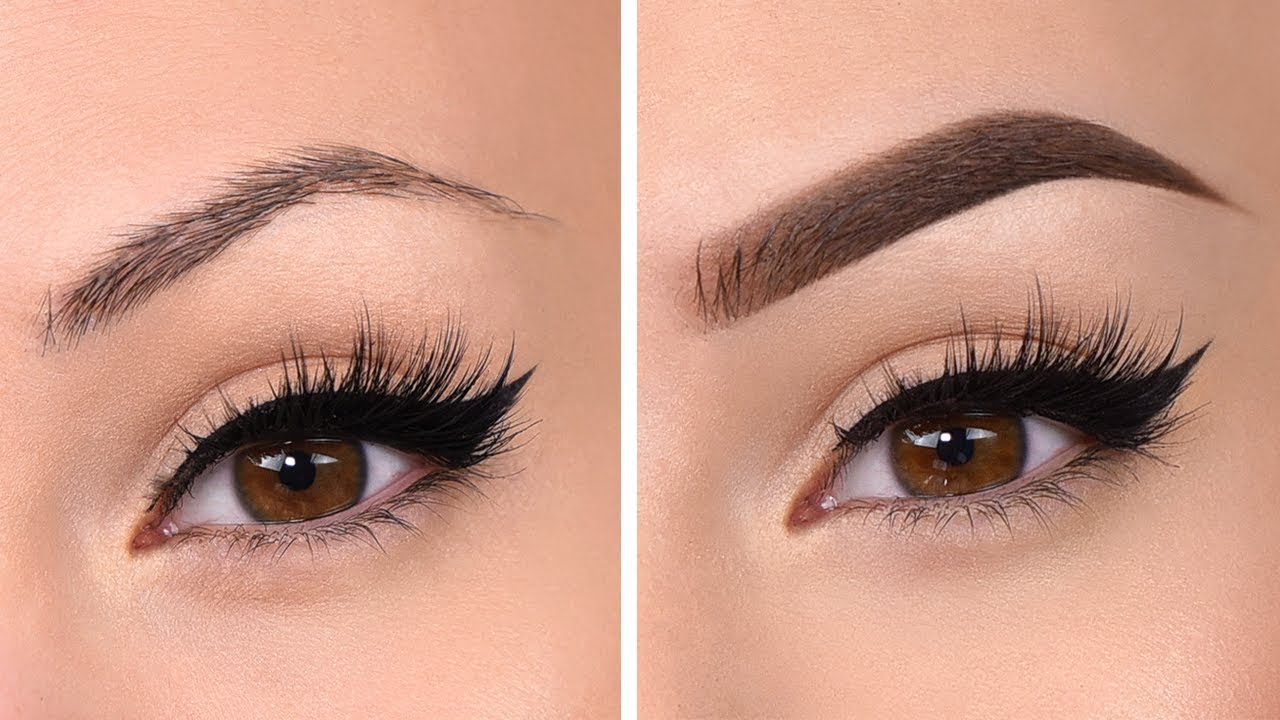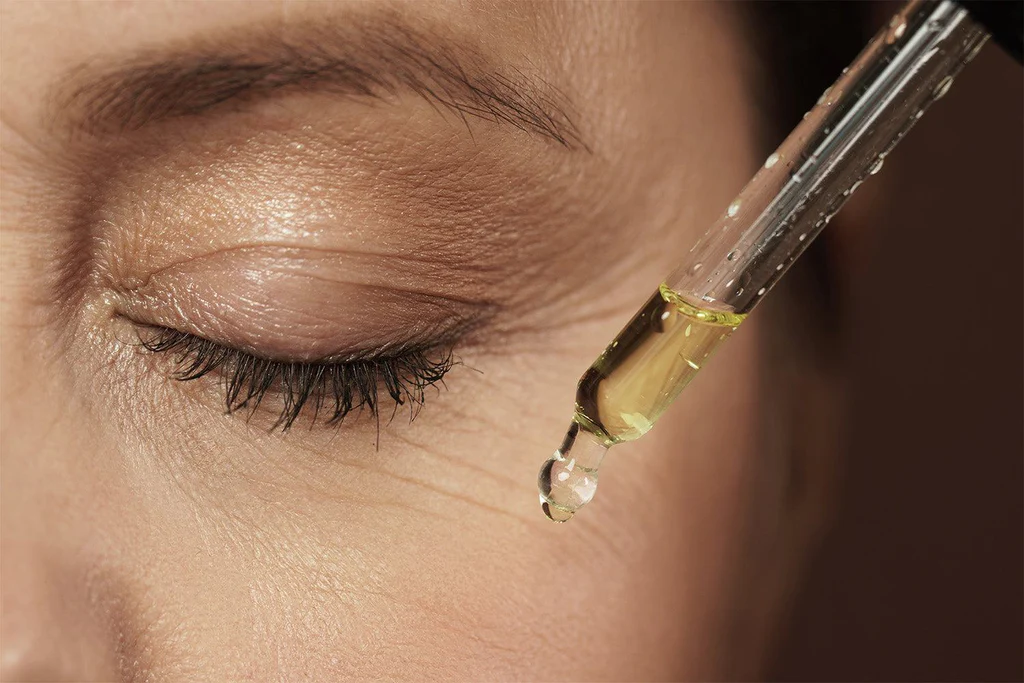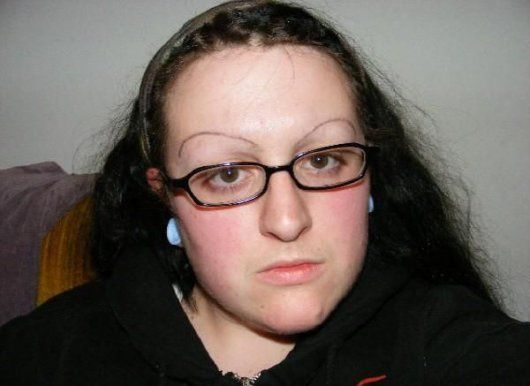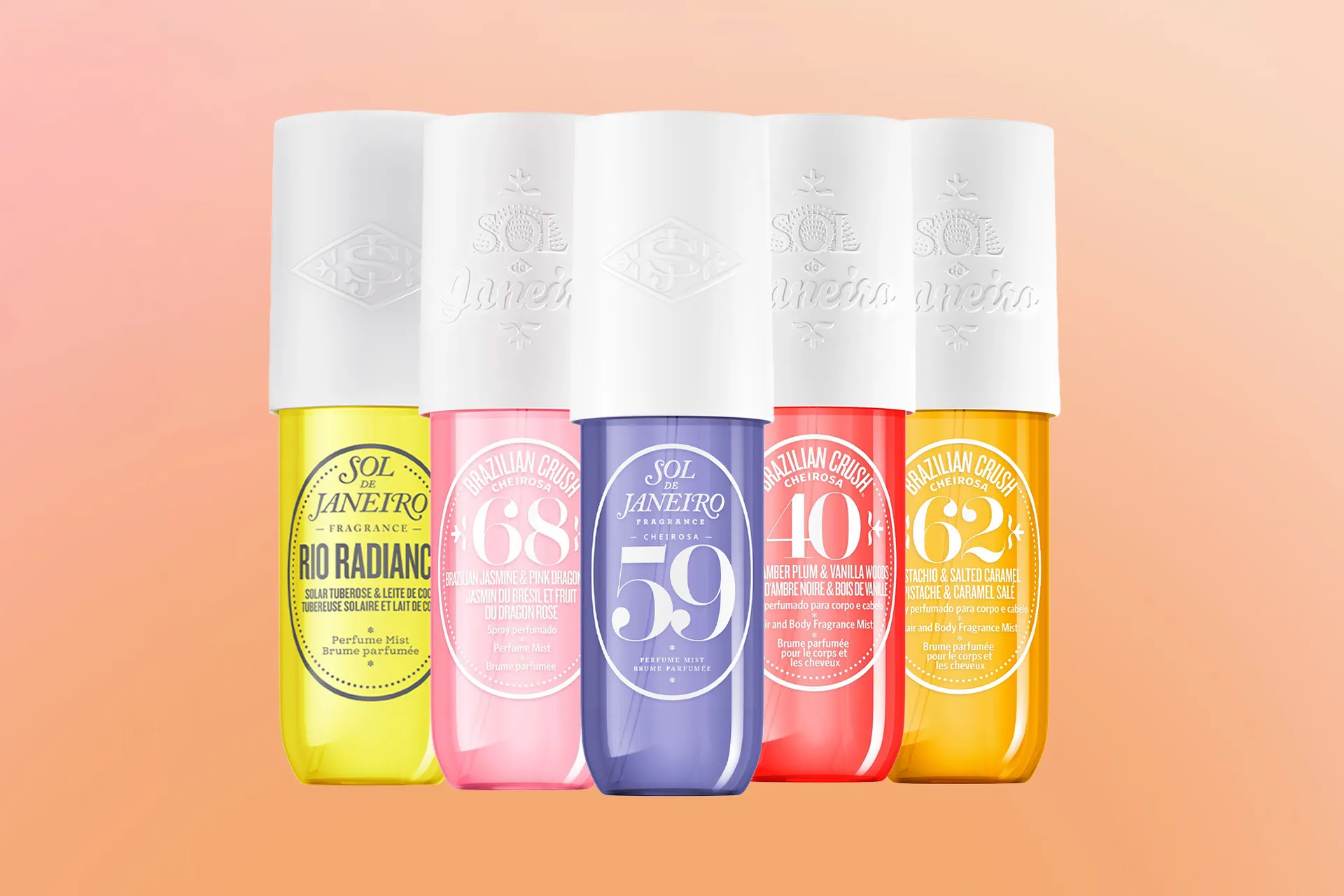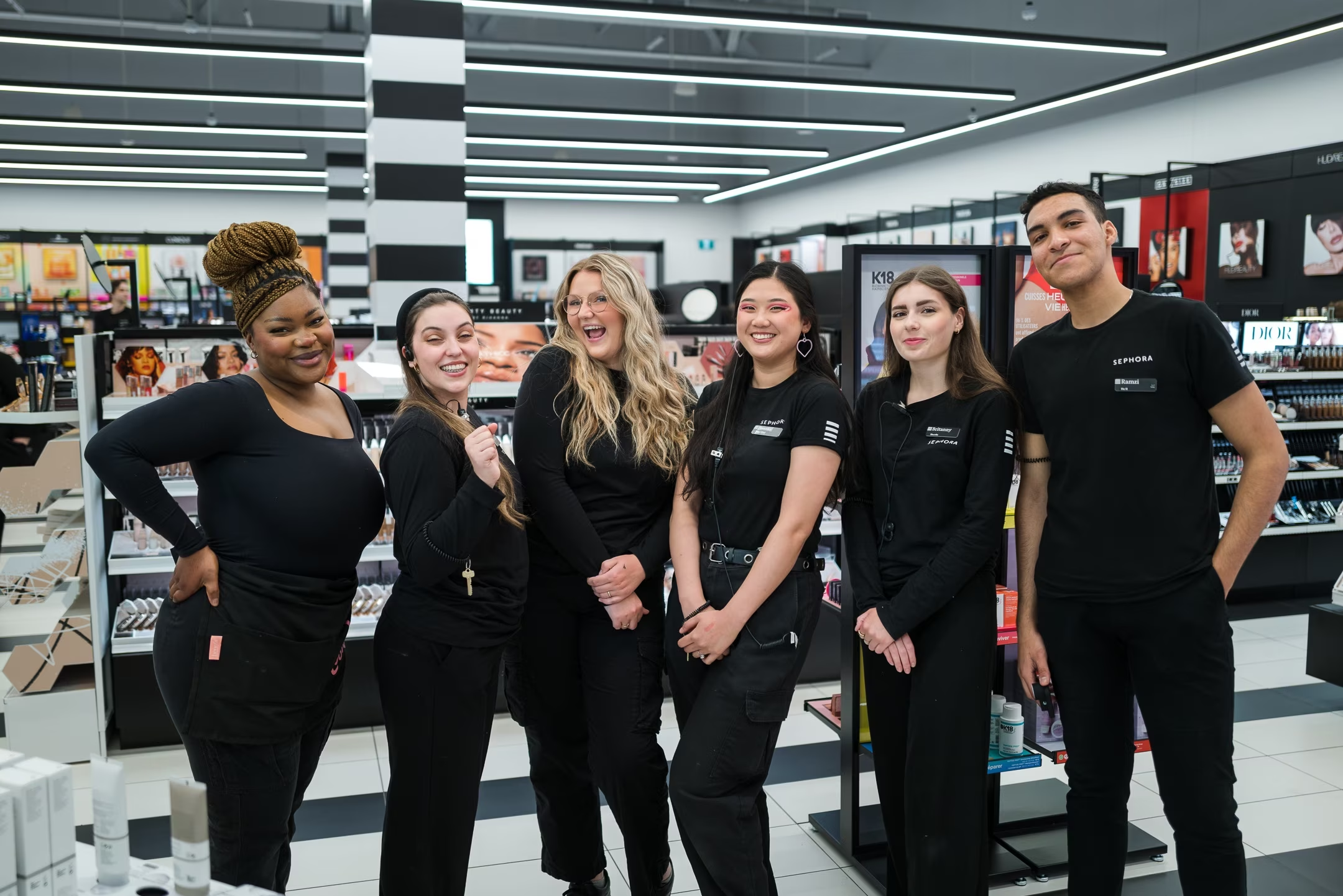
 By
Your Beauty Plug
By
Your Beauty Plug
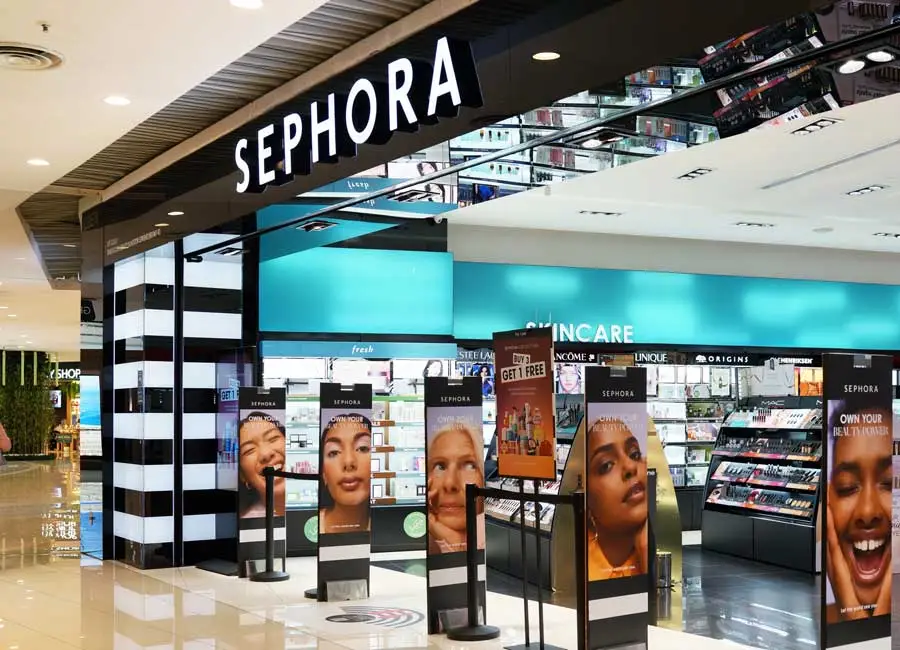
Generation Alpha, the cohort born after 2010, is often stereotyped as spoiled, entitled, and poorly behaved. They are also seen as obsessed with appearances, spending their time and money on beauty products and services. But is this fair? And what are the underlying causes and consequences of this obsession?

In this blog post, we will explore the factors that drive Gen Alpha’s interest in beauty, the role of social media and influencers, and the impact of beauty culture on their mental health and well-being. We will also discuss what we can do to help them develop a healthy and balanced relationship with beauty.
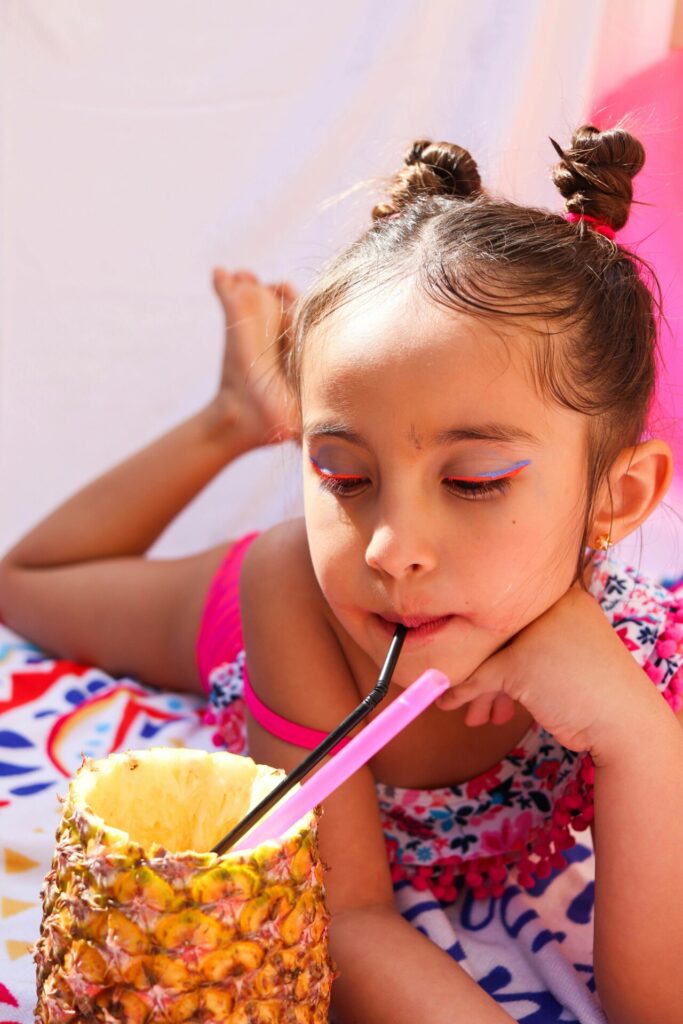
Gen Alpha is the first generation to grow up with technology as an integral part of their lives. They have access to smartphones, tablets, laptops, and smart TVs from a very young age, and they are exposed to a plethora of online content, including beauty-related videos, images, and articles.

Technology has enabled Gen Alpha to learn about beauty products and trends, compare and review different brands and items, and shop online or in-store with ease. Technology has also given them the opportunity to experiment with different looks and styles, using apps and filters that can alter their appearance, such as Snapchat, Instagram, and TikTok.
However, technology also has a downside. It can create unrealistic expectations and standards of beauty, as Gen Alpha is constantly bombarded with edited, filtered, and curated images of celebrities, influencers, and peers. It can also foster a culture of comparison, competition, and validation, as Gen Alpha seeks likes, comments, and followers for their beauty-related posts. Technology can also be addictive, distracting, and isolating, as Gen Alpha spends more time on their screens and less time on other activities and interactions.
Social media is a powerful source of information and inspiration for Gen Alpha, especially when it comes to beauty. Gen Alpha follows and trusts beauty influencers, who are often young, relatable, and charismatic, and who showcase their beauty routines, reviews, tutorials, and hauls on various platforms.
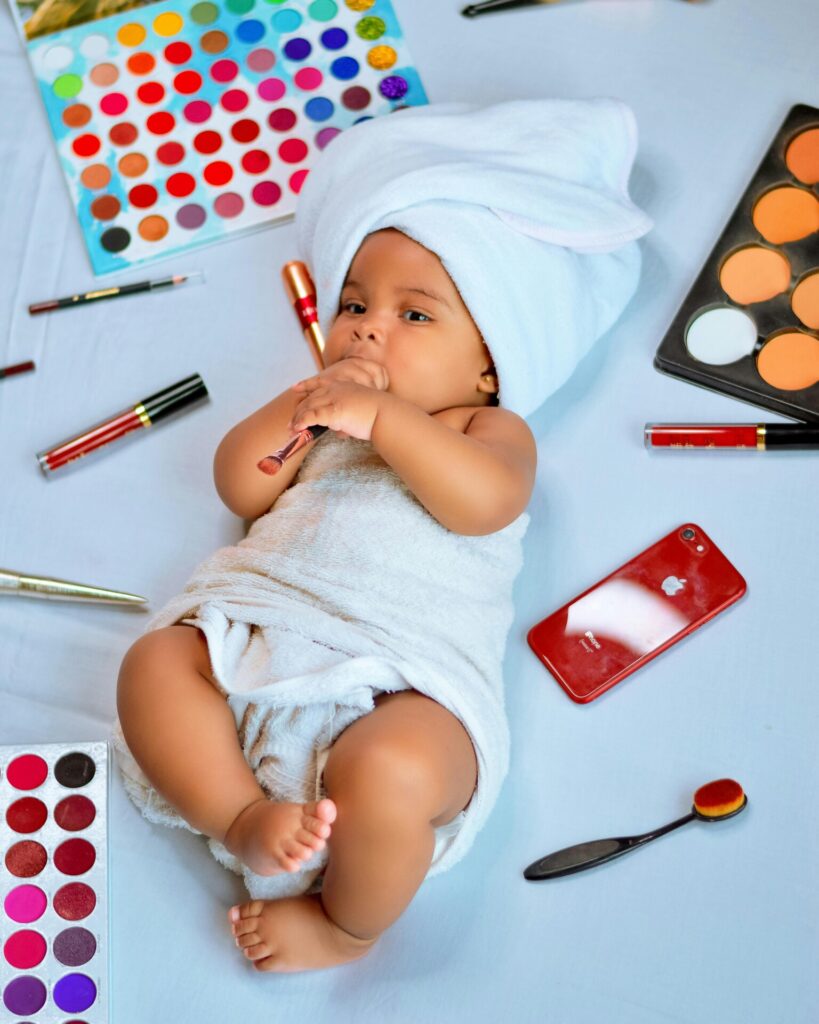
Beauty influencers can have a positive influence on Gen Alpha, as they can educate them about beauty products and techniques, encourage them to express their creativity and individuality, and promote diversity and inclusivity in beauty. Beauty influencers can also inspire Gen Alpha to pursue their passions and careers in beauty, as they demonstrate the possibilities and opportunities that the industry offers.
However, beauty influencers can also have a negative influence on Gen Alpha, as they can create peer pressure and FOMO (fear of missing out), as Gen Alpha feels the need to keep up with the latest products and trends that their idols endorse. Beauty influencers can also expose Gen Alpha to inappropriate or harmful content, such as cyberbullying, sexualization, or misinformation, on social media or in the store. Beauty influencers can also manipulate Gen Alpha’s purchasing decisions, as they may not disclose their sponsorships, affiliations, or biases, and may exaggerate or falsify their claims and results.
Beauty culture is the set of beliefs, values, and norms that shape how people perceive, evaluate, and enhance their appearance. Beauty culture can have a positive impact on Gen Alpha’s mental health and well-being, as it can boost their self-esteem, confidence, and happiness, as they feel more beautiful and comfortable in their own skin. Beauty culture can also foster a sense of community and belonging, as Gen Alpha connects with others who share their interests and values.

However, beauty culture can also have a negative impact on Gen Alpha’s mental health and well-being, as it can cause stress, anxiety, depression, and low self-esteem, as they feel insecure, inadequate, or unhappy with their appearance. Beauty culture can also trigger or worsen eating disorders, body dysmorphia, or cosmetic surgery addiction, as Gen Alpha resorts to unhealthy or extreme measures to change or improve their appearance. Beauty culture can also alienate or discriminate against those who do not conform to the dominant or ideal standards of beauty, such as people of color, LGBTQ+ people, or people with disabilities.
Here are some frequently asked questions about Gen Alpha and beauty culture, and their answers.
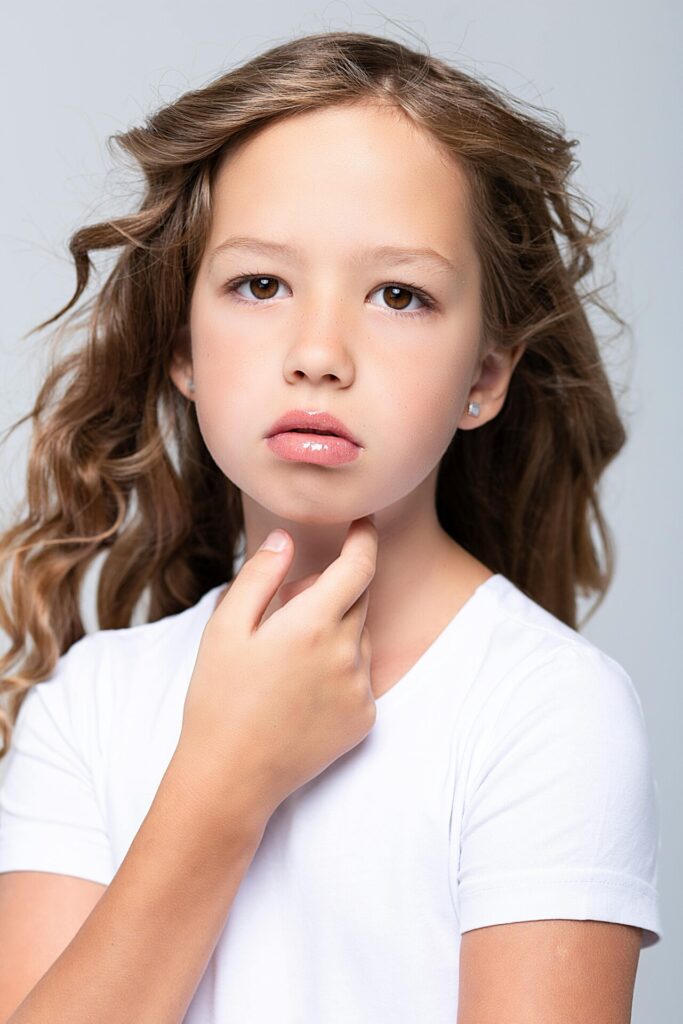
Gen Alpha is obsessed with Sephora because they are influenced by technology, social media, and beauty culture, which can have both positive and negative effects on their lives. If we want to help them have a healthy and balanced relationship with beauty, we need to understand their motivations and needs, and provide them with support, guidance, and education. We also need to reflect on our own role and responsibility in shaping their beauty habits and perceptions, and how we can create a more inclusive and empowering beauty culture for everyone.

